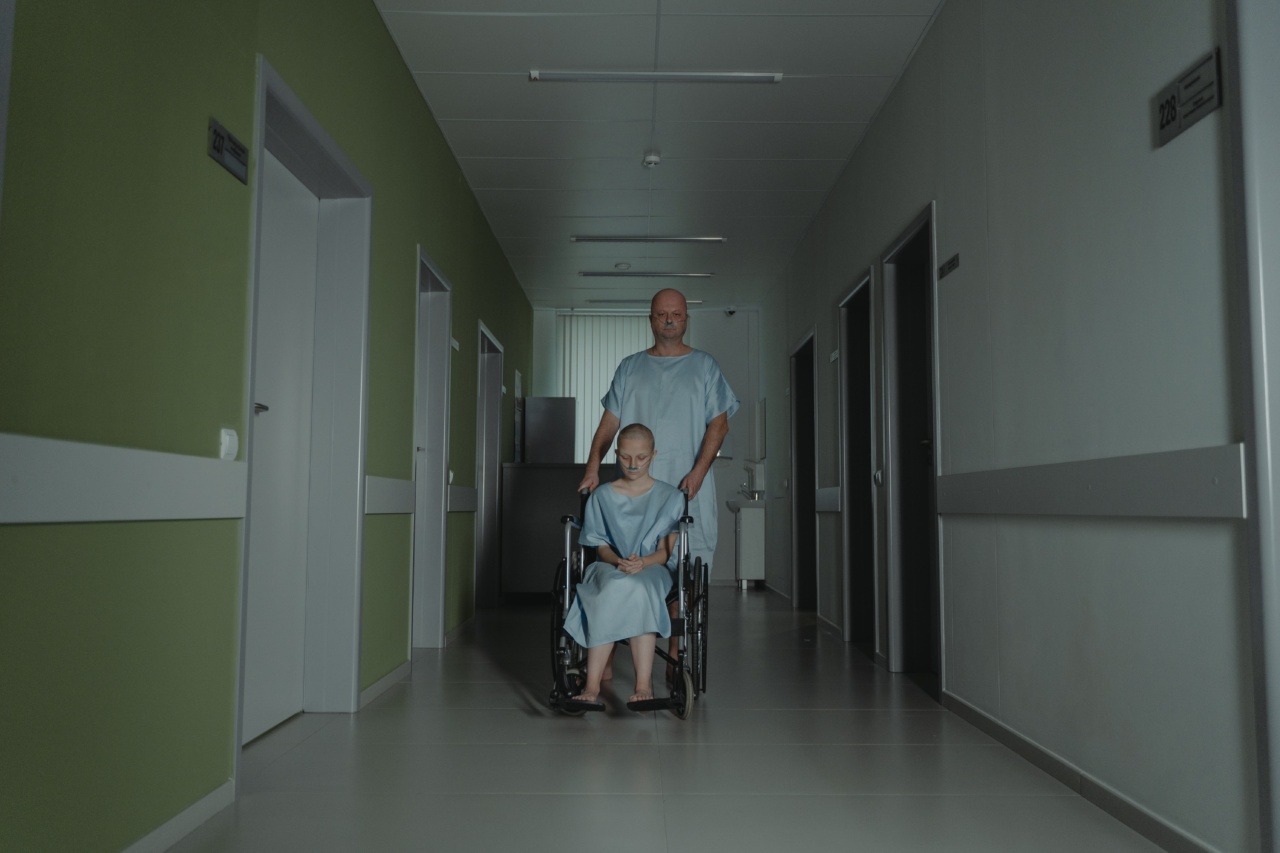Seasonal Affective Disorder (SAD) is a type of depression that manifests during specific seasons, typically winter. It affects millions of people around the world, causing symptoms such as fatigue, irritability, and difficulty concentrating.
For South African (SA) patients with medical conditions, managing SAD can be particularly challenging. However, with the right strategies and guidance from experts like Dr. Voridis, there is hope for reducing the impact of SAD on their overall well-being.
The Importance of Seeking Professional Help
When dealing with SAD in SA patients who also have underlying medical conditions, it is crucial to consult with a healthcare professional who specializes in both mental health and the specific medical condition. Dr.
Voridis, a renowned psychiatrist and expert in SAD, has developed a comprehensive set of orders to help such patients cope effectively.
1. Accurate Diagnosis
Before implementing any treatment plan, it is essential to accurately diagnose both the medical condition and SAD in the patient. Dr.
Voridis emphasizes the need for a complete medical evaluation, including laboratory tests and imaging studies, to ensure an accurate diagnosis.
2. Careful Evaluation of Medications
Managing SAD in SA patients with medical conditions often requires adjusting their medications. Dr.
Voridis advises a thorough evaluation of the patient’s current medication regimen to identify any drugs that may contribute to SAD symptoms or interact negatively with SAD treatments.
3. Combination Therapy
In many cases, a combination of talk therapy, light therapy, and medications may be necessary to effectively manage SAD in SA patients with medical conditions. Dr.
Voridis recommends tailoring the treatment plan to each patient’s specific needs and regularly reassessing its effectiveness.
4. Light Therapy
Light therapy is a cornerstone treatment for SAD, especially in areas with limited sunlight exposure during specific seasons. Dr.
Voridis advocates for the use of bright light boxes or dawn simulators to help regulate the patient’s circadian rhythm and combat SAD symptoms effectively.
5. Sleep Hygiene
Adequate sleep plays a vital role in managing both SAD and medical conditions. Dr.
Voridis stresses the importance of practicing good sleep hygiene, including maintaining a regular sleep schedule, creating a conducive sleep environment, and avoiding stimulants close to bedtime.
6. Tailored Talk Therapy
Therapy sessions, such as cognitive-behavioral therapy (CBT), can greatly benefit SA patients with medical conditions and SAD. Dr.
Voridis recommends tailoring talk therapy to address the unique challenges faced by these individuals, providing them with coping strategies and support.
7. Lifestyle Modifications
Healthy lifestyle modifications are essential for managing SAD and supporting overall well-being in SA patients with medical conditions. Dr.
Voridis advises incorporating regular exercise, a balanced diet, and stress-reducing activities into the patient’s daily routine.
8. Social Support
Building a strong support network is crucial for individuals dealing with SAD and medical conditions. Dr.
Voridis emphasizes the importance of maintaining social connections and seeking support from loved ones and support groups to help navigate the challenges associated with both conditions.
9. Monitoring Progress and Side Effects
Regular follow-up appointments with Dr. Voridis or the healthcare professional involved are vital for assessing the patient’s progress and managing any potential side effects of treatments.
This ensures that adjustments to the treatment plan can be made in a timely manner.
10. Ongoing Education
Education plays a key role in empowering SA patients with medical conditions and SAD. Dr.
Voridis advocates for providing comprehensive information about both conditions and their management strategies, allowing patients to understand their circumstances better and take an active role in their treatment.





























